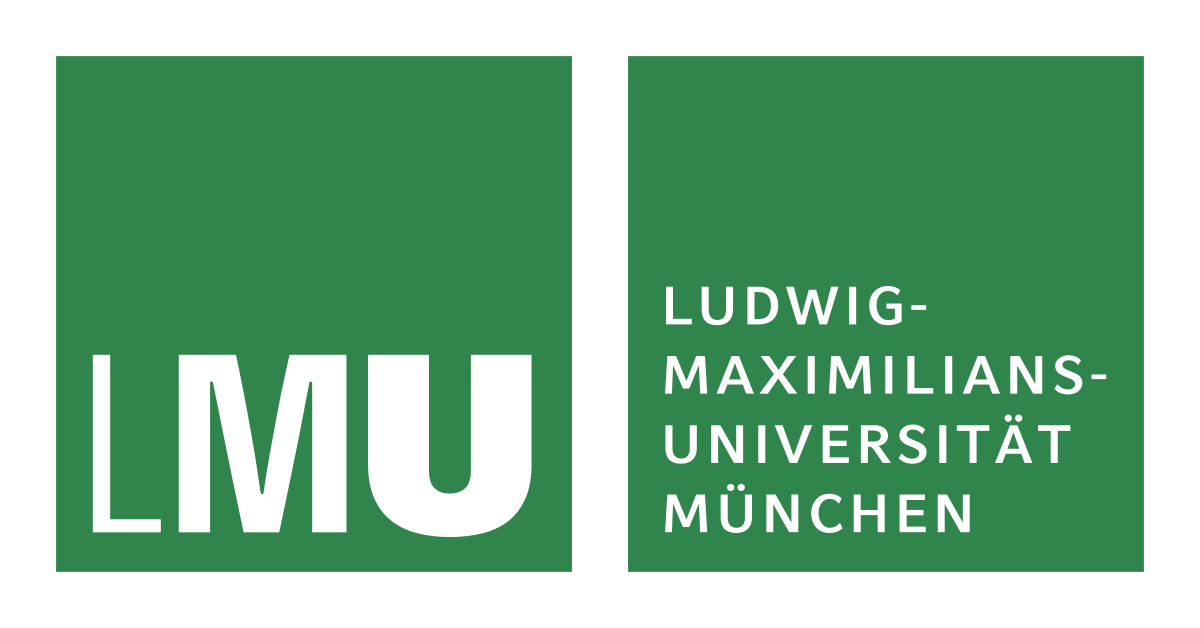LMU: Climate change: A race against the clock
In essence, it’s an attempt to turn the clock back. In spite of all appeals and agreements to put a brake on climate change and restrict the rise in global temperature to 1.5°C, human activities continue to emit too much carbon dioxide (CO2) into the atmosphere. “We have no more leeway. We have, to all intents and purposes, already used up our emissions budget,” says Julia Pongratz.
Pongratz holds the Chair of Physical Geography and Land-Use Systems at LMU. Her research focuses on a strategy in which great hopes are currently being placed – the removal of carbon dioxide from the atmosphere – for re-utilization or for storage in long-lived reservoirs.
Pongratz will present the results of her research at the upcoming World Climate Conference in Glasgow. As a member of the Steering Committee of the Global Carbon Project, a worldwide association of climate researchers, she will review the annual budget for global emissions. The concentration of CO2 in the atmosphere rose to record heights again last year – the reduction in fossil CO2 emissions owing to the effects of the coronavirus pandemic were not nearly enough to prevent an overall increase. Since then, climate researchers have noted – with growing dismay – that many of the economic recovery programs initiated in response to the pandemic are incompatible with agreed national emission targets for the mitigation of climate change.
“It is quite clear that, since the middle of the 20th century, fossil-fuel emissions have become the more pressing problem with respect to climate change. But land use also accounts for a substantial fraction of emissions.

